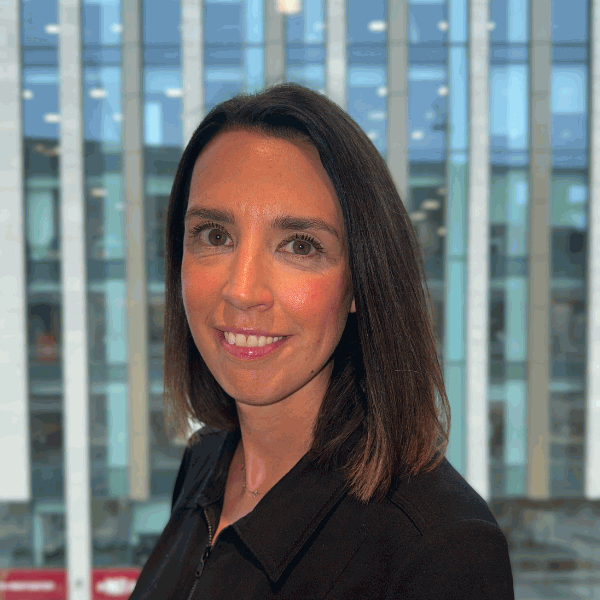Post-pandemic: fixing the cracks. Reflections from our recent Senior Leadership Forum
Where changes to your charity have occurred rapidly, ensuring good governance and strong policies and procedures is vital.
Two years ago, if charities had been asked “Where do you see the organisation in two years’ time?”, not many would have predicted the situation they now find themselves in. For some, perhaps 10 years of change has taken place in less than two, and the underlying governance procedures may not have always been able to keep up.
Now is the time to take stock and reflect on the areas where action may be required. To assist in this process, we have highlighted some key areas:
Charitable Objects
Many charities responded agilely and flexibly when the pandemic struck, adapting their service provision and meeting need where it arose. As organisations start to think about the future, there will be some charities who return to their original way of supporting beneficiaries, some who find that their activities have permanently moved on, and some who settle into a mixture of the two. Charities should ensure that their objects accurately and transparently reflect the activities they are carrying out. If the objects are no longer entirely suitable or reflective of their current activities, charities must consider as a matter of priority whether to amend the objects to encompass their current activities, or whether to continue with their existing objects and to adjust their activities accordingly. Mission drift is not unusual, especially when faced with the challenges of a pandemic, but it is important that trustees take steps now to formalise or correct any mission drift.
Charities considering a change to their objects should review their governing document for any specific provisions regarding alterations. In the majority of cases, it is likely that the prior written consent of the Charity Commission will be required.
Meetings
The temporary measures in the Corporate Governance and Insolvency Act 2020 which permitted many organisations to hold meetings in a fully virtual format, regardless of the provisions of their governing document, have now expired. Whilst some organisations (and/or their members) may not feel entirely comfortable with holding large in-person meetings, many older governing documents do not provide for meetings or voting to be conducted electronically. Charities may therefore wish to amend their governing documents to explicitly permit fully or partly virtual meetings in future – although the decision to do so may have to be made at an in-person meeting!
Policies
Workplaces, finances and the broader infrastructure of many organisations have changed rapidly. Remote working and data protection policies have been brought to the fore, and in some cases swiftly implemented, but organisations may find that their other policies are now lagging behind. For example, safeguarding policies may not have anticipated fully online provision, or reserves policies may need updating depending on whether the funds have been spent up or built up during the pandemic. It is important to review policies on a regular basis to ensure that they are still fit for purpose, to demonstrate good governance and to identify and address any gaps.
People
Trustees and senior leadership teams have been placed under significant strain, and may consider that, having steadied the ship, the time has come for them to step away from the charity or to reduce their involvement for fear of burnout or for a new challenge. Simultaneously, the demand for volunteers, and the ability in some cases to volunteer much more flexibly, may lead to greater interest in trusteeships and allow charities to attract high-calibre, diverse individuals to their teams. Succession planning now, and having proper trustee recruitment procedures in place to ensure a skilled board reflective of your charity’s activities and beneficiaries, can be a huge help in securing the future of your charity.
This article summarises some of the practical discussion points covered in our recent Senior Leadership Forum: the good, the bad and the ugly. The next forum will take place in September. Watch this space for further details.
|
If you would like to discuss any aspect of this article further, please contact Clare Lawrence, Hayley Marsden or any member of our Charities and Social Economy team on 0113 244 6100. You can also keep up to date by following Wrigleys Charities and Social Economy team on Twitter. The information in this article is necessarily of a general nature. Specific advice should be sought for specific situations. If you have any queries or need any legal advice please feel free to contact Wrigleys Solicitors. |




